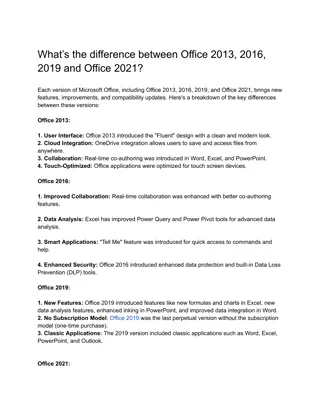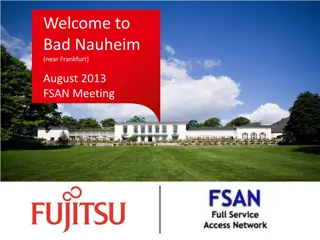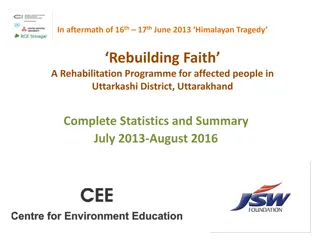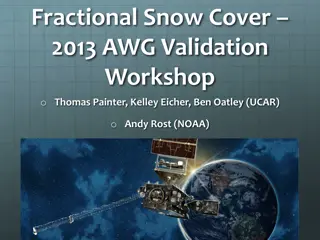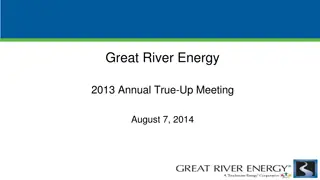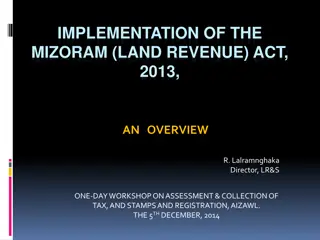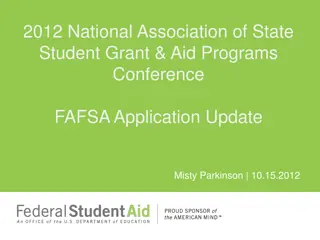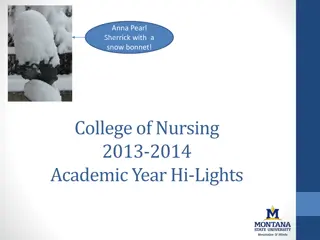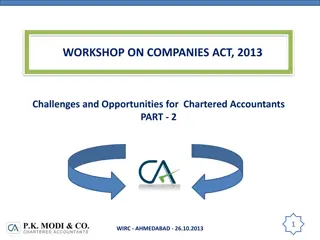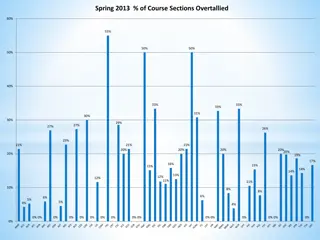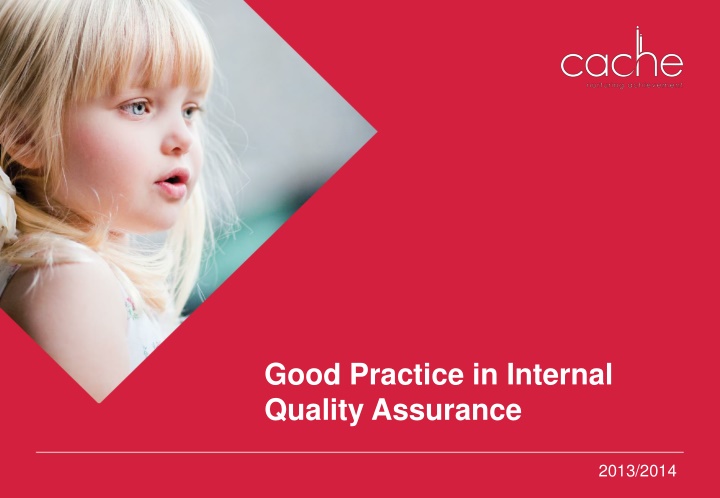
Best Practices in Internal Quality Assurance for Qualifications
Enhance your understanding of internal quality assurance practices and share insights with other professionals to improve standardization, networking, and problem-solving strategies. Learn about the crucial role of Internal Quality Assurers and the qualifications required for both IQAs and Assessors. Gain valuable knowledge on providing feedback effectively to learners and assessors, represented by the analogy of flowers in a vase.
Download Presentation

Please find below an Image/Link to download the presentation.
The content on the website is provided AS IS for your information and personal use only. It may not be sold, licensed, or shared on other websites without obtaining consent from the author. If you encounter any issues during the download, it is possible that the publisher has removed the file from their server.
You are allowed to download the files provided on this website for personal or commercial use, subject to the condition that they are used lawfully. All files are the property of their respective owners.
The content on the website is provided AS IS for your information and personal use only. It may not be sold, licensed, or shared on other websites without obtaining consent from the author.
E N D
Presentation Transcript
Good Practice in Internal Quality Assurance 2013/2014
Aims and objectives of the day To enable you to review the internal quality assurance of qualifications and share good practice To share some opportunities to help standardise IQA To provide you with the opportunity to network with other Centres To provide you with the opportunity to share feedback and concerns and work towards solutions
What do YOU want from the day?
What is the role of the Internal Quality assurer? Q_______________ U_______________ A_______________ L_______________ I _______________ T_______________ Y_______________ A_______________ S_______________ S_______________ U_______________ R_______________ A_______________ N_______________ C_______________ E_______________
Q - Quality U - Updating role A - Assurance - monitoring L - Liaison and support role I - IQAing IQAs T - Team meetings Y - You A - Audit trails S - Standardisation S - Sampling U - ULN/PIN numbers R - RAG rating A - Assessors N - New IQAs C - Complaints and appeals
IQAs should Be appropriately qualified according to Sector Skills/Awarding organisation requirements show demonstable CPD be occupationally knowledgeable* *Except Playwork where you must be occupationally competent
Assessors should Be appropriately qualified according to Sector Skills/Awarding organisation requirements show demonstable CPD be occupationally competent
The flowers represent the feedback which must be given to learners (by assessor) or assessors (by IQA) and some times has to be handled very carefully Assessing is like a vase of flowers! The stems represent planning the assessment of qualifications The leaves represent the various assessment methods
Assessing using different assessment methods Ref Assessment Method Identifying for use in your centre Assessing Skills / Competence Assessing Knowledge / Understanding Direct observation of learner by assessor A Yes Yes Preferred method Professional discussion Expert Witness evidence Learner s own work products Learner log or reflective diary Activity plan or planned activity Observation of children, young people or adults by the learner Portfolio of evidence Recognition of prior learning Reflection on own practice in real work environment Written and pictorial information Scenario or case study Task set by CACHE (for knowledge learning outcomes) Oral questions and answers B Yes Yes Preferred method C Yes Yes D Yes Yes E F Yes Yes Yes Yes G Yes Yes H Yes Yes I Yes Yes J Yes Yes K No Yes L No Yes M No Yes N Yes Yes
IQA Strategy Personalised sampling plans for each assessor Sampling all assessors all methods, and all levels Sampling plans & assessment decisions - audit trail Standardisation Record keeping Actions set & checked
Quality Assurance in the assessment process The IQA focus is a to sample: ALL assessors ALL assessment methods All levels of units within the qualification S- selection of portfolios according to sampling plan A - assessors RAG rating for sampling quantity M - methods of assessing P - planning/feedback and plagiarism L - levels within qualification E - engagement with assessors
Is the evidence SUFFICIENT? Is the evidence CURRENT? Is the evidence AUTHENTIC? Checking evidence and assessor judgements Are the judgements by assessors VALID? Are the judgements by assessors RELIABLE? Are the judgements by assessors FAIR? Observing in parallel with unconfident assessors Observing assessing practice Interview learners Monitoring assessor practice Observing planning and feedback to learners Attendance at meetings and following up Sampling learner work with assessor present
IQA Dominoes
Ensuring fair IQA practice avoid Benefit of the doubt Halo/horns effect Over assessing that will do Stereotyping First impressions Not Similar to me understanding the assessment criteria Comparisons Crediting nice people.
Enable assessors and internal quality assurers to refine their practice Develop confidence in confirming assessment judgements Why Standardise Assessment? Forum for assessor and IQAs to be able to raise concerns and agree the way forward Confirm good practice and identify areas that are lacking and need to be addressed.
Problem units & assessment criteria Planning assessments Standardising written Assessment methods tasks Standardisation of ASSESSMENT practice Giving written & verbal feedback Recording professional discussions Referencing direct observations IQA practice
Audit trail & centre records Assessment methods Issues Planning standardisation meetings for assessors/IQAs Collating evidence from IQA to inform standardisation meetings Observing assessor and IQA practice Standardisation of IQA practice Learner/ employer interviews IQA reports writing feedback to assessors IQA practice S.A.M.P.L.E.
Giving feedback activity
Role of the Lead IQA The LLUK (now LSIS) qualifications for assuring the quality of assessment expect lead internal quality assurers to do all that is expected of an internal quality Assurer plus: Be able to produce a work plan for own area of responsibility; Be able to allocate and agree responsibilities with team members; Be able to monitor the progress and quality of work in own area of responsibility and provide feedback; Be able to review and amend plans of work for own area of responsibility and communicate changes. Accountability for Quality Assurance at the Centre The Centre must identify a named individual with accountability for quality assurance at the Centre. This could be the lead quality assurer but does not have to be. They will ensure the effective management of the internal quality system for CACHE qualifications within the Centre.
IQA standardisation activity
IQA Standardisation Activity Best practice guide Yes/No What could be provided to evidence activity? What risks have been factored into the planned IQA activity (IQA Strategy)? Monitoring of documentation, information and other resources provided for assessors and learners. Assessor observations, activity records and follow up Induction of : a) Assessors b)Learners Sampling plans and feedback and centre records Discussions with learners and others involved in the assessment process (e.g. witnesses, employers) Sampling evidence Monitoring quality of assessment decisions Monitoring assessment and certificate claims Evaluating the occupational and assessment competence of assessors/IQAs Checks made re CPD activity for assessors/IQAs Taking part in standardisation activities Monitoring learner needs and progress reviews Checking that relevant policies are followed ( which policies?) Monitoring and quality assurance done over time
Planning for EQA
Registered all CACHE learners? The ability to hold & transmit assessment outcomes securely. Access to documentation and resources Completed last action plan Documented roles & responsibilities for partnership activities. Credit transfer and RPL Sufficient staff, resources & systems to support the centre activity A named point of accountability for quality assurance and management? Planning for EQA A system for holding external assessments securely when receiving them from CACHE, and returning them to CACHE by recorded delivery? An Internal Quality Assurance Policy/Strategy and Plan, including monitoring the Assessment Cycle? Administrative systems for tracking learner progress ULNs and PINs A quality assurance process implemented and effectively maintains the integrity of CACHE qualifications and units? Covered the full range of qualifications listed above in the Internal Quality Assurance Plan(s)? The IQA plan identifies and covers the full range of qualifications offered at the centre All assessors and internal quality assurers All assessment methods All levels of units Delivery lifetimes of the qualifications in the IQA plan Staffing profile that meets the relevant assessment strategy requirements and CPD records. Details of staffing changes since last CQA visit
Moving Forward..... In groups consider: What actions are you going to do next? What are the timelines? What will you need to help you? Who will you need to help you?
Evaluation Identify 3 things you have learned today Have we met the learning outcomes including your requests? Please can you complete the evaluation forms Have a safe journey home!

